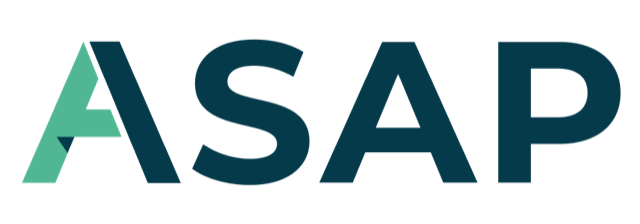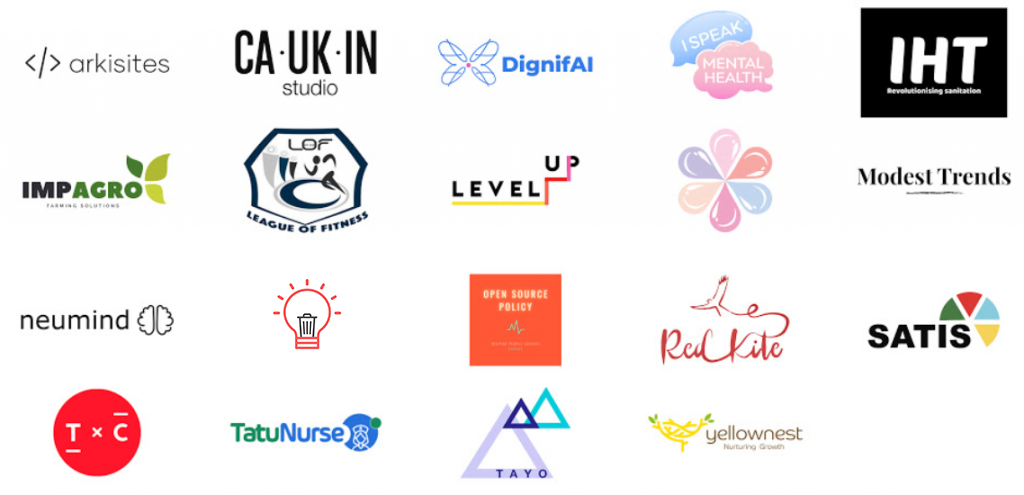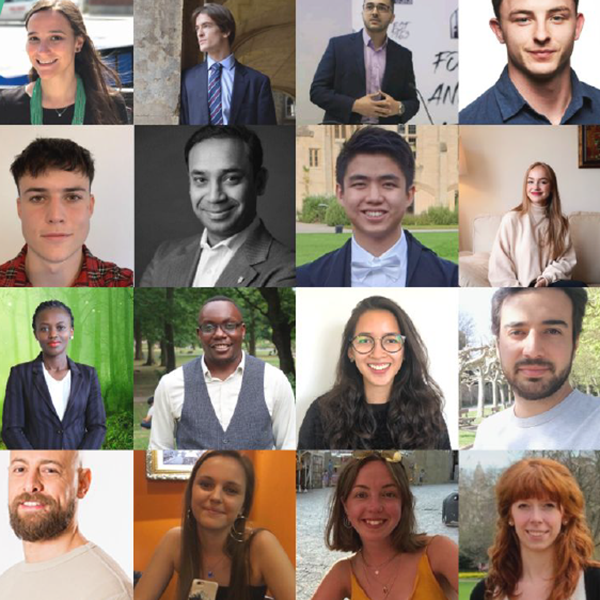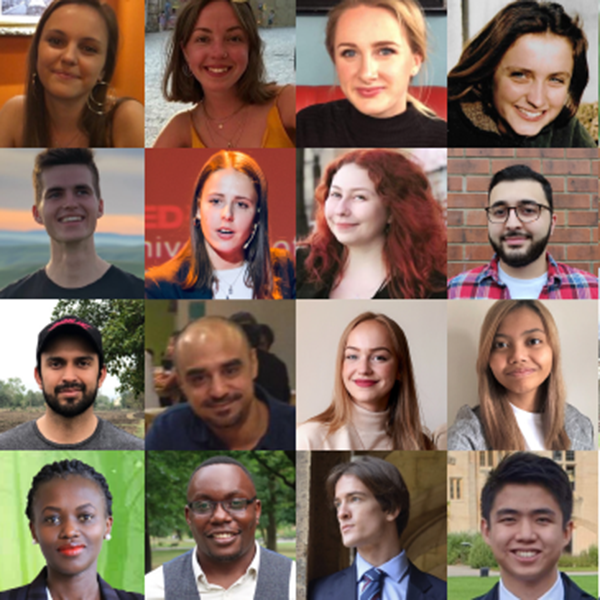Aspect Student Accelerator Programme (ASAP)
• Phase 1
ASAP is a flagship four-month social sciences student and alumni accelerator hosted by LSE to support and scale socially-responsible student and alumni ventures.

Nineteen UK selected university student and alumni enterprises, all of whom are solving pressing socio-economic and environmental issues, collaborated and developed their businesses over a four-month period. The new online accelerator brought together students and alumni from across the Aspect community.
The four month programme included:
- Fortnightly online training bootcamps hosted by both academics and practitioners from the Aspect network
- Access to unique 1:1 mentoring opportunities
- Bi-weekly peer skill-sharing sessions
- Tailored online resources
- A small stipend, conditional of full participation.
ASAP is the first joint university accelerator of its kind in Europe – the programme is tailored specifically towards driving social change through entrepreneurship.
Our programme leverages the complementary skills, networks, and academic research opportunities across the diverse Aspect community.
The accelerator brings together a unique yet like-minded community of student entrepreneurs who are building socially impactful and responsible scalable businesses. All participants are contributing to the United Nations Sustainable Development Goals, either through the socially-responsible running of the business (data ethics/transparency of the supply chain/gender parity) and/or the measurable social/environmental impact created through the business idea.
Why now?
Programme managers and ASAP alumni believe it is currently important to have specific accelerator programmes that support these unique founders, and for a good reason. Social ventures and social sciences based start-ups have a fundamentally different mindset that requires bespoke support across all aspects of an accelerator programme. Founders get value from the social venture angle, which also benefits the social sciences, helping to achieve goals like increasing engagement from the social sciences. Social scientists see and appreciate that these types of accelerator programmes are uniquely designed for them and it helps to promote and nurture their entrepreneurial mindset. Until SHAPE and STEM disciplines are fully integrated and catered for in traditional accelerator programmes, a standalone social sciences accelerator has important benefits to provide visibility to these types of ventures.
For more information, contact LJ Silverman, Head of LSE Generate, The London School of Economics and Political Science: L.J.Silverman@lse.ac.uk












